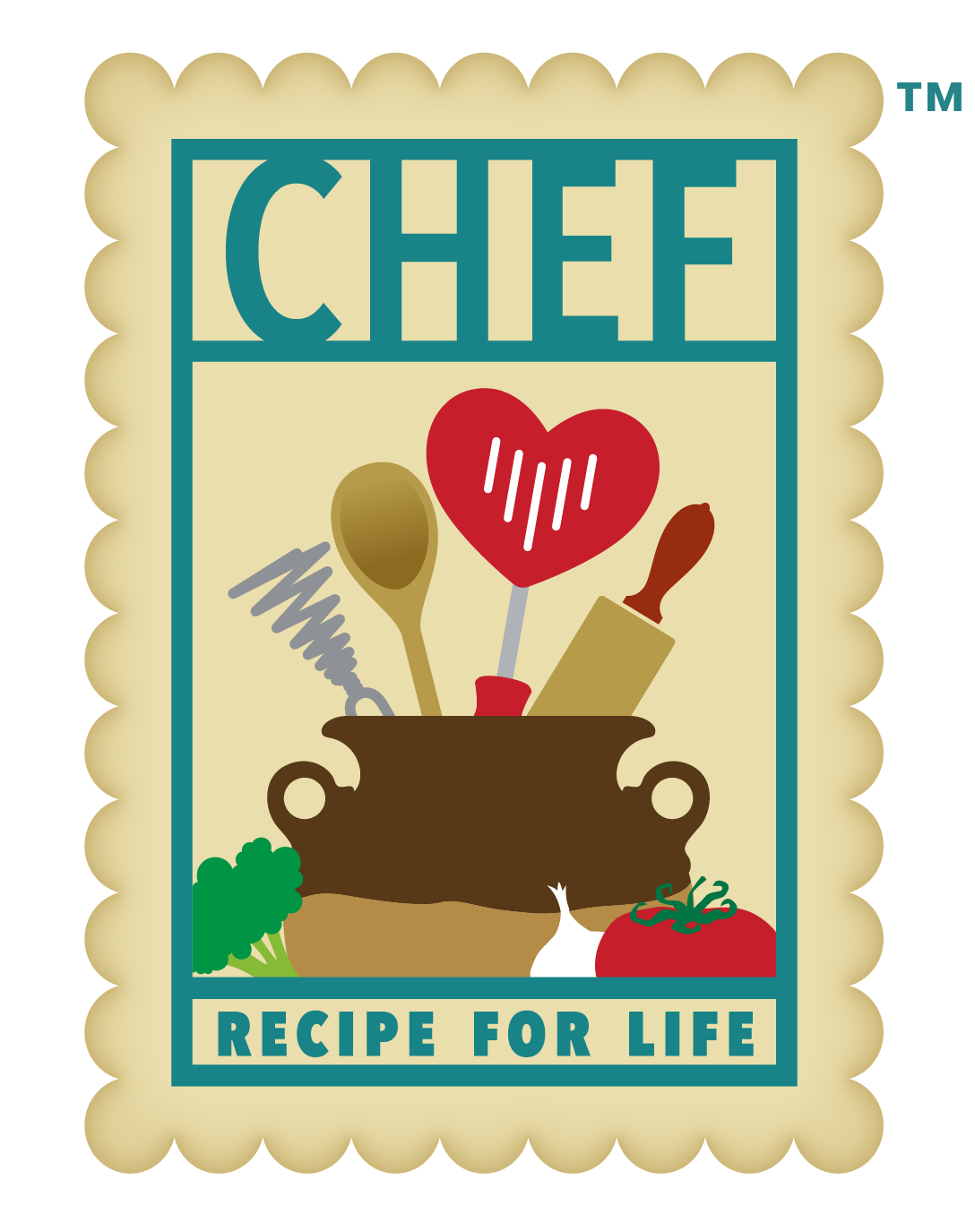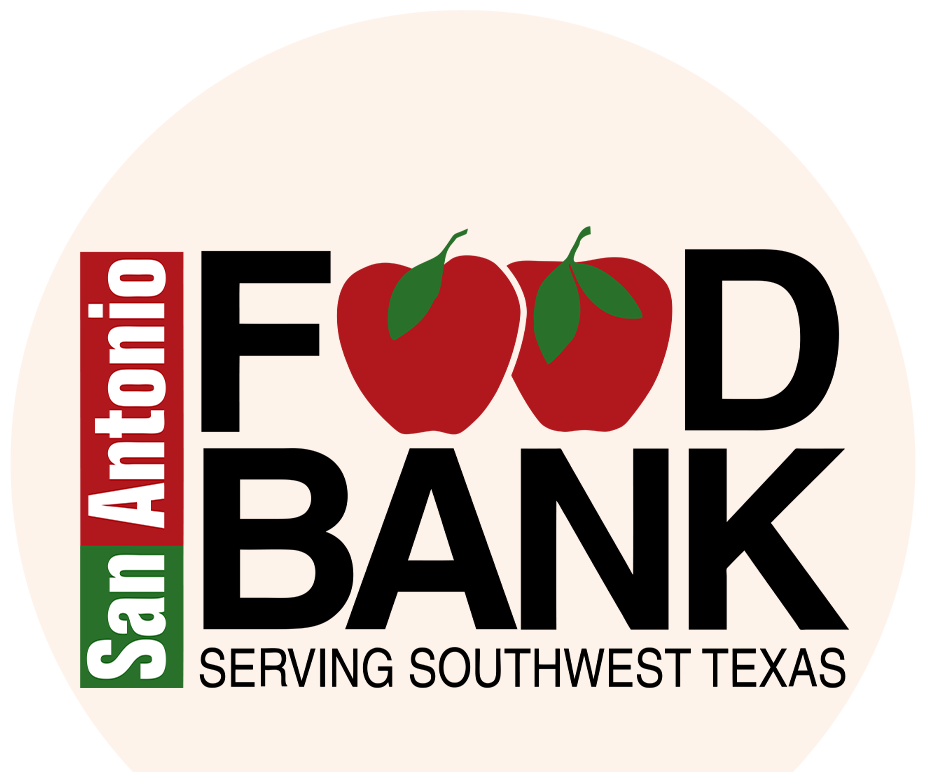Well-Child Care
6 Months Old
Now that your baby is six months old, there are many exciting new adventures to begin. One of the more challenging developments can be dealing with the common cold or flu, especially if your baby is spending time at a daycare. CHRISTUS Children’s Pediatric Nurse Practitioner Heather Boroweic offers excellent advice on caring for your congested baby at home. Another exciting development at this milestone is offering your baby complementary foods for the first time. Complementary foods are the foods or drinks that you give in addition to breastmilk or formula. The Nutrient Needs and Family Activity sections offer information on introducing new foods safely. The foods you provide your baby with now will shape their eating habits for the rest of their life.
Developmental Milestones
- Social & Emotional: Around six months, your baby will start socializing with others by identifying familiar people around them and even laughing when engaged.
- Language & Communication: Your baby will start communicating with you when full by closing their lips to show they don’t want any more food.
- Learning & Thinking: One way your baby will explore the world around them is by putting objects in their mouth. This requires them to coordinate both vision and motor skills and requires you to stay alert to ensure safety.
- Movement & Physical Development: At six months old, your baby will have enough strength to push themself up with straight arms and roll from their stomach to their back.
Nutrition Needs
Texture Development
Developing the complicated skills of chewing and swallowing food safely takes time. That is why it is necessary to introduce solid food to your baby in stages. Each stage describes the food texture and consistency most appropriate for your baby’s development. How fast a baby develops differs from child to child, so don’t be alarmed if your baby needs to spend more time in one stage or another. When in doubt, follow your baby’s cues to introduce foods safely.
-
- Stage 1: Babies can show food readiness between 4 and 6 months old. Start by introducing small amounts of thin, pureed, or strained single-ingredient foods. These foods will easily fall off a spoon when feeding your baby. Pureed carrots, apples, or oatmeal should have a texture slightly thicker than breastmilk or formula.
- Stage 2: Your baby may explore new textures and flavors with added herbs and spices. This transition can happen spontaneously or be planned for around 7 to 8 months old. When making these foods at home, try mashing soft foods, like cooked potatoes, bananas, or avocados, into a smooth consistency before adding extra ingredients like herbs and spices. * No need to add salt. Babies and children need only a tiny amount of salt and can get it through breastmilk and formula.
- Stage 3: Lumpy foods chopped or ground into small pieces can be offered as Stage 3 foods. This stage develops your baby’s ability to swallow thicker textures that are easy to serve with a spoon. This can happen between 9 and 12 months old and includes mashed beans and ground grains, like ground oats, quinoa, or chopped meats.
- Stage 4: “Finger foods,” or foods cut into small pieces and easy to pick up, are usually the last texture to introduce around 12 months old. During this final stage, you can offer your baby food that you eat regularly. As your baby’s diet starts to include more foods, always keep in mind the food’s size, shape, and texture to avoid choking.
Baby-led Feeding
You may have heard of baby-led feeding or weaning in the past, but maybe asking, “What is it really?”. It’s simple. This form of feeding allows your baby to decide what to eat and how much. All you have to do is offer the new food as small, easy-to-pick-up chunks your baby can nibble on. Give your baby the time and freedom to explore this new food. What comes next is up to them. They may play with the food, push it away, try to taste it, or finish an entire plate (with only some food on the floor). When exploring, sit nearby and watch closely to ensure they are sitting upright and have limited distractions. Babies who feed themselves may accept a wider variety of foods, have a reduced risk of being overweight or obese, and have a healthier relationship with food. So, the next time your baby shows interest in eating, set the stage for them to explore and get messy. Before starting baby-led feeding, talk with your healthcare provider to ensure this method suits your baby.
Choking Hazards
One concern with starting solid foods is the worry that your baby may choke. Here are a few simple ways to reduce the risk of choking while your baby learns to eat.
-
- Prepare foods to the proper shape, size, and texture. Food should be cooked, peeled, or chopped into smaller, ½-inch bite-size pieces.
- Avoid small, sticky, or hard foods that are tough to chew or swallow.
- Use a highchair or other safe place for your baby to eat while sitting upright.
- Wait to have meals or snacks until you can supervise. Do not offer food while your baby is in a car seat or stroller.
- Prepare in advance by talking with your healthcare team about what to do if your child does choke. Call 911 in the event of an emergency.

Family Engagement Activity
Introducing your baby to their first foods is a big step for you and your baby. The International Food Information Council Foundation offers additional information and guidance during this critical time. To learn more about safely introducing new foods to your baby, check out their “Starting Solids” PDF linked here.
Caregiver's Corner
Heather Boroweic, a Pediatric Nurse Practitioner from CHRISTUS Children’s, suggests home remedies you can use when your baby is congested. Nasal congestion, also known as a stuffy nose, can be caused by infections, like the cold or flu, allergies, dust, car exhaust, or perfume that irritates the lining of the nose. Most of the time, congestion is accompanied by a buildup of mucus.
-
- Suction out the mucus with a bulb syringe or NoseFrida to clear your baby’s nasal passageways. If the mucus is sticky, use a few drops of saline solution to suction out the mucus easily.
- Run a warm or cool mist humidifier as your baby sleeps to prevent or loosen the mucus that forms overnight. Be sure to have the humidifier at least 2 feet away from your baby and not to have the humidifier facing directly at your baby.
- Avoid using a ceiling fan or portable AC unit at night. Using a fan when your baby is sick can dry out the mucus in the nose and make breathing more difficult.
- Put a pillow underneath the crib mattress to slightly elevate your baby’s head. Raising their head even by a few degrees can promote better sleep breathing. Note: The pillow should NOT be directly under your baby’s head.
- Always contact your pediatrician with any questions or concerns about your baby’s health.





